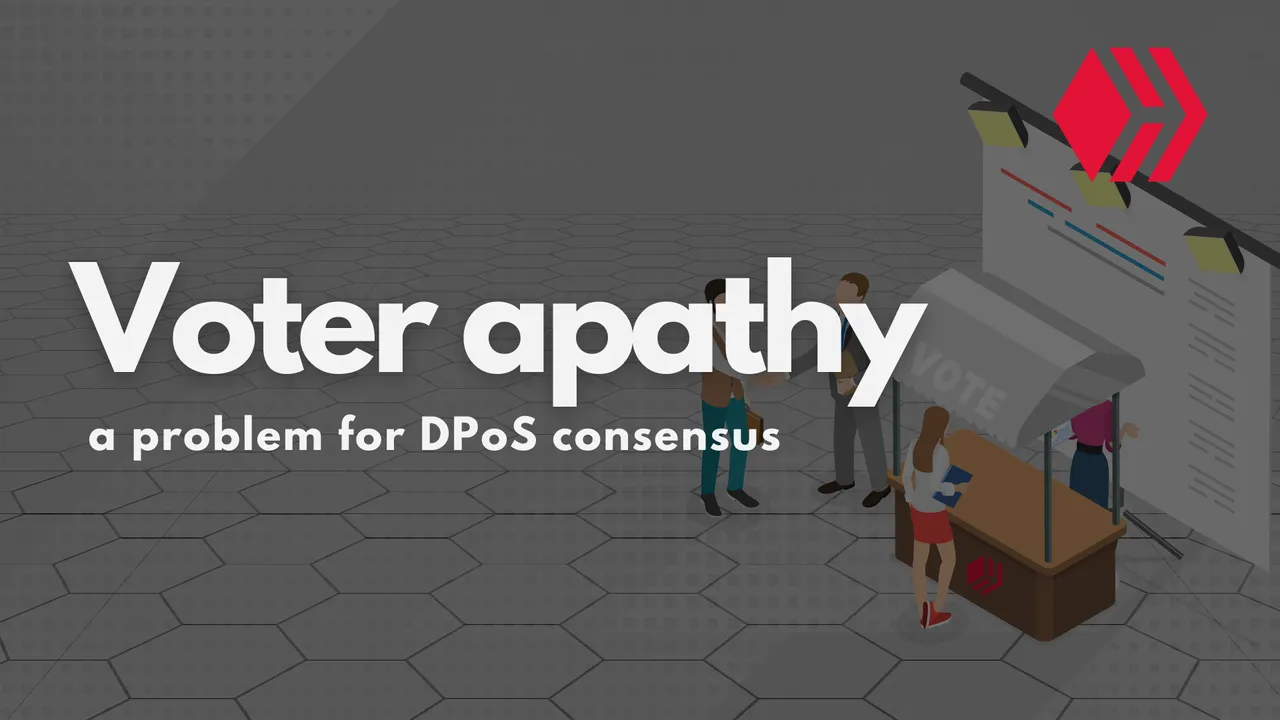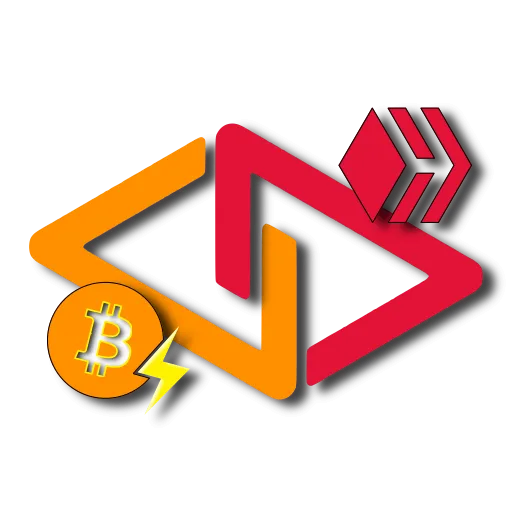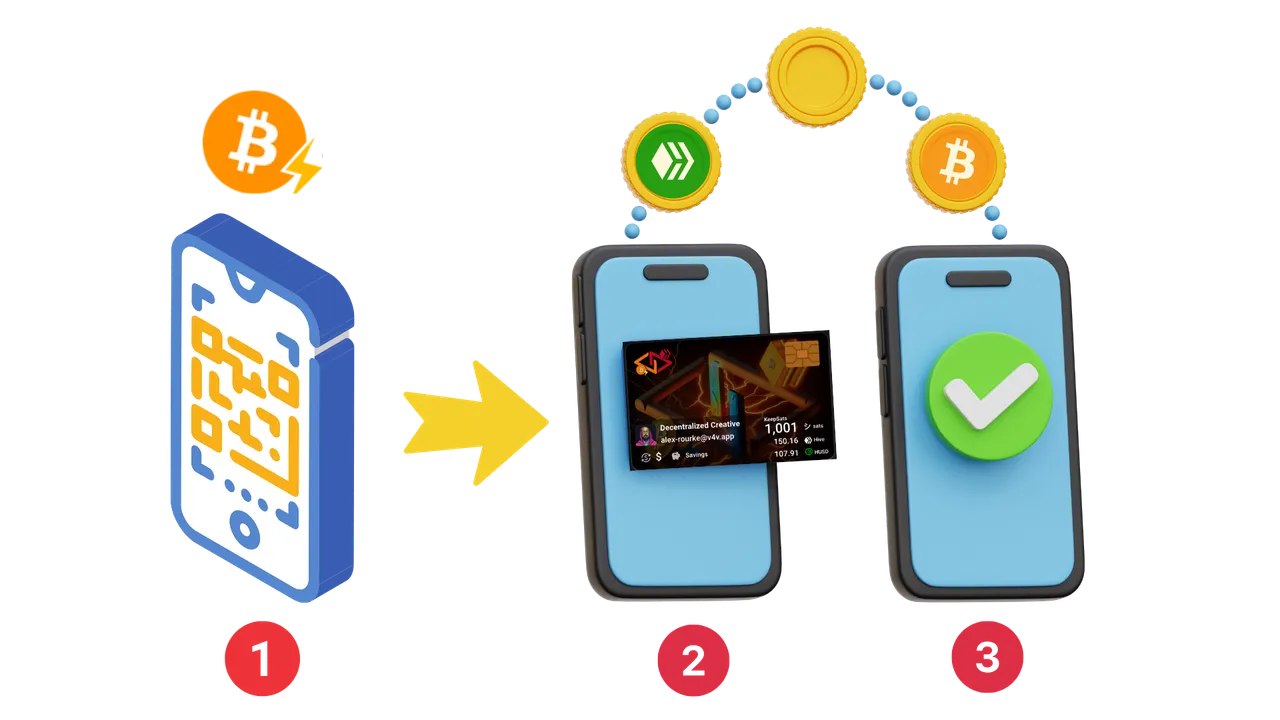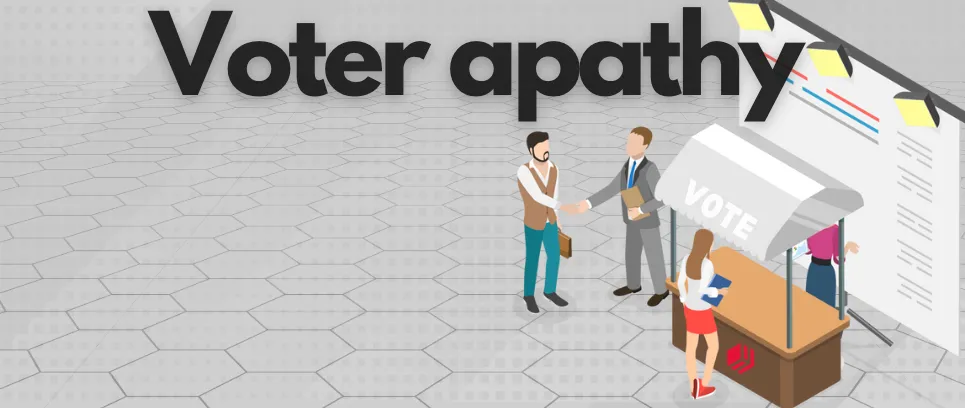
As you may be familiar with by now, the HIVE protocol uses a Delegated Proof Of Stake (DPoS) consensus mechanism. This means that everybody who wants to participate in governance can do so by using their staked HIVE, which is referred to as Hive Power, and using it to vote for block producers also known as witnesses. The more significant your holding, the more say you have on who gets to be an approved block validator.

Users on the network can acquire $HIVE to participate in governance in several different ways.
Purchase on exchanges
The most common way for users to acquire cryptocurrency is through centralized exchanges. Privately owned and operated businesses that have completed the regulatory requirements of the government where they operate in order to provide its users with a marketplace to exchange fiat for cryptocurrency or assets from one blockchain to another.
At the time of writing, exchanges that list Hive include:
- Binance
- Gate.io
- Digifinex
- XT
- MEXC
- BYDFI
- HTX
- Probit
- CoinEx
- Weex
- Pionex
- Tokyocrypto
- Bitget
- EnergiSwap
- Nami.exchange
- Indodax (ASEAN region)
- Bithumb
- Upbit
I bet that's more than you thought, right?
Exchanges are a great way to get started in cryptocurrency, but they have 2 very clear downsides:
- They require you to send documentation like ID, proof of residence and sometimes bank information
- They can seize your funds depending on their internal policies or if required by the authorities.
The better options, in my opinion, are non-KYC, peer to peer options. here are some.
Exchanging work for HIVE
Hive has a vibrant and very talented community. If you can think of a skill that might be valuable to someone else such as programming, editing, consulting, sales, etc. You can exchange that skill for HIVE. There are marketplaces such as Open Genie where you can search for people looking to hire freelancers with different skills.
Swap options
There's a web app developed by Brian Of London called v4v.app. It's functionality is quite simple, but very powerful. As you might be able to deduce by it's logo which is an intertwined Bitcoin Lightning and Hive symbols, it's main purpose is to swap Lightning BTC to HIVE and back.

Basically, our friend and trusted Hivean, Brian is running both a Lightning network Node as well as an account that holds HIVE and HBD. The way it works is the user can
- Scan a Lightning invoice QR
- Spend HBD or HIVE
- the app converts it to BTC and the merchant or person who created the invoice will receive BTC.
This works the other way around too. So the Hivean can generate a Lightning QR, person with Lightning wallet can pay it and the Hivean receives HIVE in their wallet.
Magic.

Use a decentralized exchange
A more recent option that has come to the scene is LEODEX. A completely decentralized, multi-chain DEX that harnesses the power of the Maya protocol to create liquidity pools as well as non-KYC swaps. I'll make a video about this soon.
Ok, now that you have some options, lets get back to the main topic os this post which is voting. Particularly lack of voting or voter apathy.


Voter apathy
Now, while it is true that everybody has the ability to acquire Hive Power and vote for witnesses as well as DAO proposals, not everybody does so on a regular basis. And the reason for this is exactly the same as with in-real-life politics, such as electing a member of congress. You might pay attention to what this representative says and does during the campaign to get votes, but it's very difficult to keep up with everything he/she is doing during his tenure like political alliances, lobbying and even game mechanics that occur around this elected representative.
Remember there is also a huge monetary incentive in a protocol like this. Right now, Hive's market cap is close to $160 Million with $1 bn in trading volume on peak days. By crypto standards this might seem small, but if you think of it as a business, you'll realize that it's quite a lot of money and where there's money, there's an incentive to make a profit.
Could it be possible that without a large number of engaged users, the network might get skewed in the direction of a few large stake holders?
Could it be possible that witnesses could organize into "cartels" by concentrating the role of validation in a smaller number of holders, thereby making the protocol less decentralized and open to attacks?
This is why I consider it to be extremely important to grow your Hive Power and use it for governance. We don't have to agree with everybody on the network, but if we care about the health and resilience of the protocol, we must build our stake and vote for witnesses that are behaving in accordance with our values. Check your witness and DHF votes regularly and update them if they are not giving you the necessary feedback.

References for this post:
